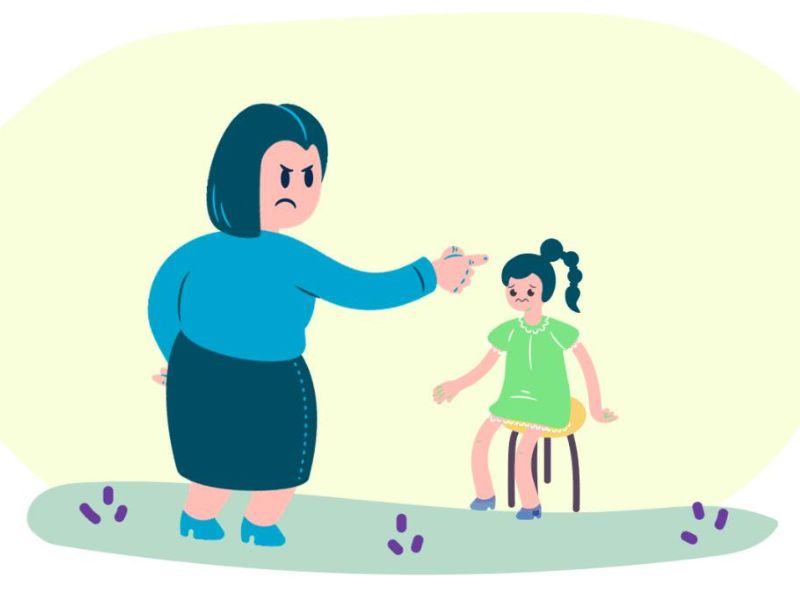Academic excellence is highly valued in our society. Those who fail to meet expectations are frequently subjected to harsh criticism, which causes them to doubt their abilities and intelligence. In today's cutthroat competitive world, students are constantly pushed to the limit by their parents in order to build a bright future and succeed in life. The enormous pressure placed on students, on the other hand, not only impedes their growth and learning but also leads to increased stress and anxiety.
Parental pressure:
Parental pressure may be well-intended, but it can undermine a child's self-esteem. When children believe that each homework assignment will make or break their future, or that each soccer game will determine whether they receive a college scholarship, this pressure can have negative consequences.
Parental pressure is an emotional stress that parents place on their children, and it is frequently associated with academic success, cultural and social standards, and other factors.
The primary source of parental pressure is concern for their children's well-being and employment. Another factor is the parent's failure to achieve previous goals; as a result, they attempt to instill the same dream in their children, leading to confusion for the child. The result of these actions is frequently harmful on a large scale.
Effects of Parental Academic Pressure
Academic parental pressure is one of the major issues that students face these days, leading to deteriorating mental health and other problems in life. Every parent strives to focus on their child's academic performance; however, parents who place too much emphasis on grades and extracurricular activities overlook the importance of social skills and compassion.
Although the pressure is mostly motivated by good intentions, parents can sometimes go above and beyond what is acceptable for students. As a student, your child will constantly seek your approval. Even a mildly disappointed expression can send them into a bad mental state; they will begin to doubt their abilities, which will gradually lead to fear and anxiety. More specifically, the effects of parental stress on students mainly include:
Mental Illness:
The constant academic pressure has a negative impact on students' psychological and physical health, increasing their risk of developing disorders such as depression, sleep deprivation, and eating disorders.The difficulties of academic life, the anxiety of socializing, and time management are all enough to cause students to have breakdowns. The constant pressure from parents adds to these difficulties. These pressures create new avenues for students to develop eating disorders.
Instead of focusing on their studies and daily activities, the added pressure diverts their attention, resulting in missed meals, which can lead to eating disorders if not managed.
This can also result in-
-Cheating at school: Parental pressure, teacher pressure, and poor time management all contribute to academic cheating.
-Low Academic performance: Your child, who is also a full-time student, will likely suffer from a low academic performance if he or she has to deal with all the pressures of life. As a result, they start to doubt their abilities and try to improve, but never meet your expectations.
-Low self esteem: As academic pressure increases, psychological health declines. The over-involvement of parents in how their children define themselves in the world prevents their children from having positive thoughts or feelings when they are over-involved. Due to this, self-confidence and self-esteem are compromised.
-Problems With sleep: Overworked children may stay up late studying and struggle to get enough sleep. A sleep disorder like insomnia can worsen without supervision if irregular sleeping patterns are not corrected.
How to avoid it:
-Use more praise than criticism
-Do not complete your child's homework for them
-Make rules, not ultimatums
-Create a positive interaction with your child
-Validate your child's emotions
Conclusion
There is a fine line between being a good parent capable of inspiring children to be achievers and going too far. According to research, crossing the line can have serious consequences for young people. It's critical to remember that your child may make different decisions or react to situations than you do. Instead of attempting to control your child's feelings, you should acknowledge that they are their own person, even if they differ from you.
If you still think you require assistance, consider contacting a therapist. To get started, consult our mental health professionals at Solh Wellness to find mental health support and right guidance. Schedule your first consultation and we’ll help you get to the roots of the issue.
Finding ways to cope with stress is vital to our health and wellbeing!



